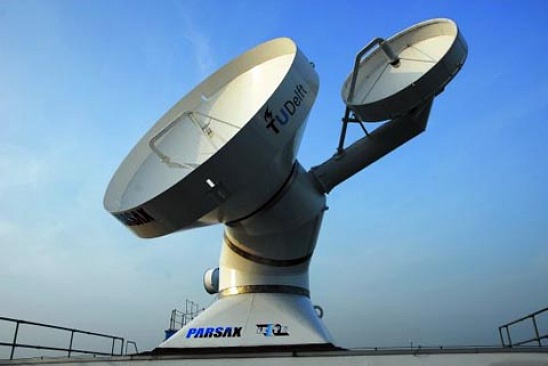Openings at MS3
PostDoc position in the field of radar sensing for multiple persons tracking in an indoor environment
Opening for: PostdocStatus details
| Status: | Closed |
|---|---|
| Announced: | 21 Jun 2022 |
| Closing date: | 01 Sep 2022 |
| Duration: | 18 months |
We have the ambition to investigate innovative techniques for the separation and tracking of multiple persons in an indoor environment using radar systems. Information on what activities a person is doing, where, and when, can help understand his/her physical and cognitive status and identify anomalies possibly related to worsening health.
Why radar? Radar has the advantage of being contactless, requiring end-users not to wear any extra device or interact with them, hence increasing comfort and compliance, as well as not recording plain optical videos or images, which might raise privacy objections, especially in private home environments.
While radar sensing in the context of human activity recognition (HAR), assisted living, and indoor monitoring has been explored in recent years, considerable challenges remain, especially in a multi-target scenario.
You will work on a joint project between TU Delft and a leading industrial partner in communication and sensing technologies. You will investigate algorithms for separation and clustering of micro-Doppler signatures of multiple persons, and for tracking and maintaining labeling in the event of grouping and spawning (essentially, “who is who” before/after very close meeting up of multiple persons).
You will be also responsible for
- Formulating novel algorithms for the abovementioned problem of separation and tracking of multiple persons.
- Experimentally verifying methods with short-range radars.
- Performing research according to the project plan.
- Preparing and writing all project deliverables within the project.
You will work in the Microwave Sensing Signals and Systems (MS3) research group at the Department of Microelectronics. The group has extensive research facilities and a track record on the full pipeline of microwave and radar sensing, from hardware development to radar signal processing and methods for automatic object classification.
The Department of Microelectronics (ME) focuses on microelectronics, microfabrication, signal processing, radar, and microwave systems. The research is clustered in three main themes: Health and Well-Being, Next-Generation Communication and Sensing, and Autonomous Sensor Systems. The department's activities are highly multi-disciplinary, involving innovative combinations of device physics, material science, and chemistry, on the one hand, with signal processing, circuit, and system design, on the other. They are also multidisciplinary about their scope of applications, as they play a crucial role in nearly all fields of innovation, ranging from advanced health care to telecommunications and smart grids.
Requirements
To be considered for the position you will have:
- A PhD degree in a relevant field, i.e. electrical/electronic engineering, computer science, physics, mathematics.
- Demonstrable knowledge and interest in radar signal processing, preferably in the area of tracking and/or micro-Doppler signatures.
- Programming experience in MATLAB/Python or C/C++, preferably combined with experience in working with actual radar systems and data.
- Strong communication skills in both written and oral English
- A curiosity-driven mindset and a passion for (doing) research
- An open personality for cooperation with colleagues and co-supervision of students
- Good English language skills in order to closely cooperate with colleagues and students as well as write project documents.
European (EU) nationality is an advantage.
If you would like more technical information about this vacancy, please contact Prof Alexander Yarovoy (A.Yarovoy@tudelft.nl).
If you would like more information about the selection procedure, please contact vacancies-eemcs@tudelft.nl.
Contact
dr. Francesco Fioranelli
Associate Professor
Microwave Sensing, Signals and Systems Group
Department of Microelectronics
